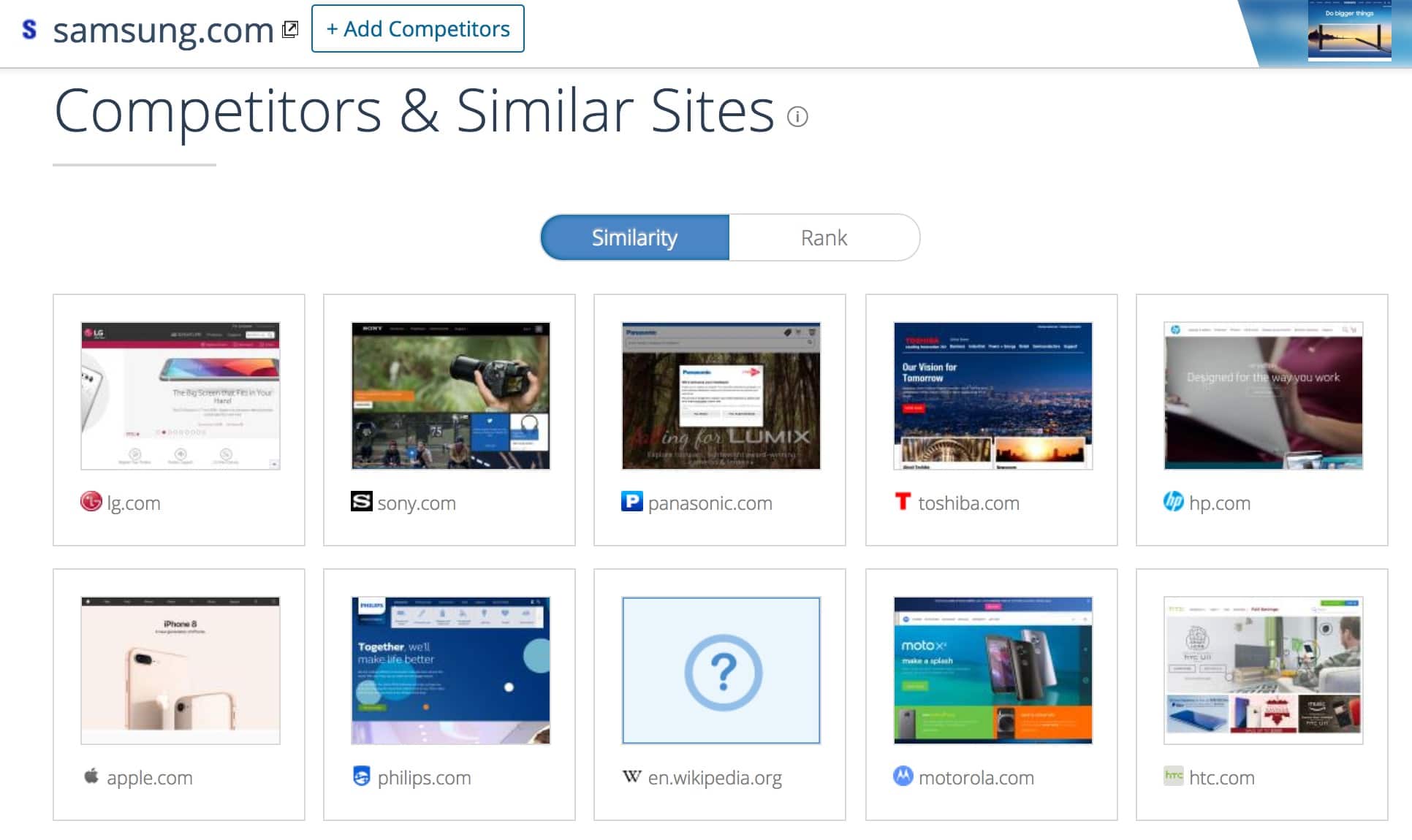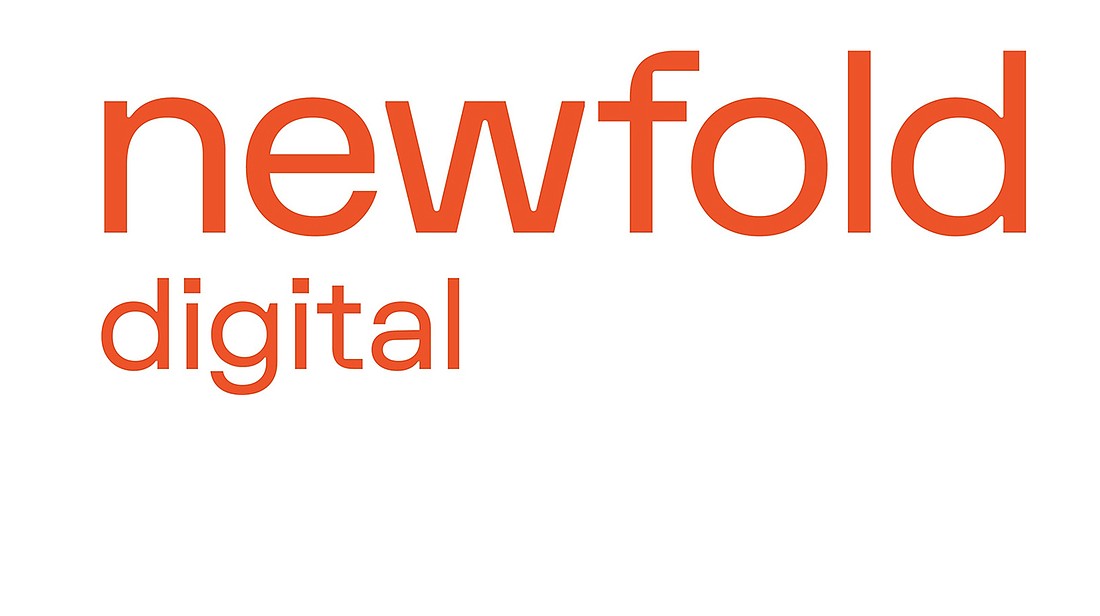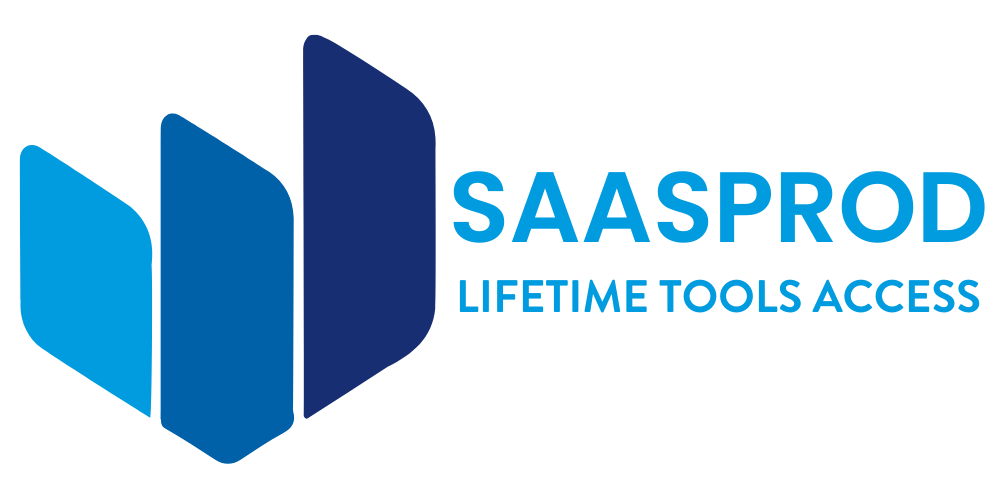In the crowded world of website builders, Web.com stands out with its AI-powered features. But what if Web.com doesn’t meet all your needs?
Exploring Web. com competitors can help you find the perfect website builder for your business. This guide will introduce you to some of the top alternatives to Web. com. Whether you seek different features, pricing, or user experiences, these competitors might offer what you need.
Stay tuned as we delve into various options that could better suit your website-building requirements. Let’s find the best fit for you together.
Introduction To Website Builders
In today’s digital age, having an online presence is crucial. Website builders have made it easier than ever to create a professional website without needing advanced technical skills. These tools empower users to design and publish websites quickly and efficiently.
The Rise Of Diy Website Builders
The concept of DIY (Do-It-Yourself) website builders has gained significant popularity. These platforms offer user-friendly interfaces and drag-and-drop features. Users can customize their sites with ease.
DIY website builders eliminate the need for coding knowledge. They provide a variety of templates and design options. This allows anyone to create a visually appealing and functional website.
Some popular DIY website builders include Wix, Squarespace, and Weebly. These platforms cater to different needs and preferences.
Why Consider Alternatives To Web.com
While Web.com offers robust features, exploring alternatives can be beneficial. Different platforms offer unique advantages.
Pricing is a key factor. Some competitors provide more affordable plans. Others offer free tiers, which can be appealing for small businesses or personal projects.
Feature sets also vary. Some website builders specialize in e-commerce, while others focus on blogging or portfolio creation. Evaluating your specific needs can help you choose the best platform.
Ease of use is another consideration. Some users may find one platform more intuitive than another. It’s worth trying out a few options to see which one feels most comfortable.
Here is a comparison table highlighting some key features of popular Web.com alternatives:
| Platform | Key Features | Pricing |
|---|---|---|
| Wix | Drag-and-drop builder, e-commerce capabilities, extensive template library | Free plan available, premium plans start at $14/month |
| Squarespace | Beautiful design templates, blogging tools, integrated e-commerce | Plans start at $12/month |
| Weebly | Simple drag-and-drop editor, e-commerce options, SEO tools | Free plan available, premium plans start at $6/month |
Exploring these alternatives can provide a better fit for your specific needs and preferences.
Wix: A Versatile And User-friendly Option
Wix is a popular alternative to Web.com for building websites. This platform is known for its versatility and ease of use. With an intuitive drag-and-drop editor, Wix allows users to create beautiful, professional websites without any coding knowledge. Let’s explore some key features, pricing plans, and the pros and cons of using Wix.
Key Features And Benefits
Wix offers a range of features that make it a strong competitor in the website builder market. Some of the key features include:
- Drag-and-Drop Editor: Easy to use and requires no coding skills.
- Wide Range of Templates: Over 500 designer-made templates to choose from.
- Mobile Optimization: All templates are mobile-friendly and responsive.
- App Market: Thousands of apps to add extra functionality to your site.
- SEO Tools: Built-in SEO tools to help your site rank better in search engines.
- AI Website Design: Wix ADI (Artificial Design Intelligence) can create a personalized website for you.
These features make Wix an appealing choice for both beginners and experienced users. Its flexibility and powerful tools provide a strong foundation for any website.
Pricing Plans
Wix offers several pricing plans to suit different needs and budgets. These plans are:
| Plan | Monthly Cost | Features |
|---|---|---|
| Free | $0 | Basic features with Wix ads |
| Combo | $14 | No ads, 2GB bandwidth, 3GB storage |
| Unlimited | $18 | Unlimited bandwidth, 10GB storage |
| Pro | $23 | Includes Professional Logo, 20GB storage |
| VIP | $39 | Priority support, 30GB storage |
Wix’s pricing plans provide options for everyone, from individuals to large businesses. The free plan is a great way to start, while the premium plans offer advanced features and more storage.
Pros And Cons
Like any platform, Wix has its advantages and disadvantages. Here are some pros and cons to consider:
- Pros:
- User-friendly interface
- Wide variety of templates
- Extensive app market
- Great SEO tools
- Flexible design options
- Cons:
- Limited customization for free plan
- Ads on free plan
- May become expensive with higher-tier plans
- Learning curve for advanced features
Wix stands out for its ease of use and extensive features. It is a solid choice for anyone looking to create a professional website with minimal hassle.
Squarespace: Elegant Designs And Robust Features
Squarespace stands out among web.com competitors for its elegant designs and robust features. This platform is perfect for those seeking visually stunning websites with powerful tools. Whether you are a creative professional, small business owner, or blogger, Squarespace offers a seamless experience.
Key Features And Benefits
Squarespace offers a range of key features and benefits that make it a popular choice:
- Beautiful Templates: Choose from a variety of professionally designed templates.
- Responsive Design: All templates are mobile-friendly and look great on any device.
- Drag-and-Drop Builder: Easily customize your site with a user-friendly drag-and-drop editor.
- Integrated E-commerce: Set up an online store with built-in shopping cart functionality.
- SEO Tools: Optimize your site for search engines with built-in SEO features.
- 24/7 Customer Support: Access round-the-clock support for any issues or questions.
Pricing Plans
Squarespace offers several pricing plans to fit different needs and budgets:
| Plan | Monthly Cost | Annual Cost | Features |
|---|---|---|---|
| Personal | $16 | $144 | Basic features, SSL security, 24/7 support |
| Business | $26 | $216 | Advanced features, analytics, basic e-commerce |
| Basic Commerce | $30 | $312 | Full e-commerce, no transaction fees, advanced analytics |
| Advanced Commerce | $46 | $480 | All features, abandoned cart recovery, gift cards |
Pros And Cons
Like any platform, Squarespace has its pros and cons:
- Pros:
- Beautiful and professional templates.
- Easy-to-use drag-and-drop editor.
- Integrated e-commerce solutions.
- Strong customer support.
- Cons:
- Higher cost compared to some competitors.
- Limited third-party app integrations.
- Customization can be limited for advanced users.

Credit: www.instagram.com
Weebly: Simplicity And Functionality Combined
Weebly stands out as a powerful competitor in the website builder space. It combines ease of use with robust features. This makes it a popular choice for individuals and small businesses alike.
Key Features And Benefits
Weebly offers a range of features designed to simplify website building:
- Drag-and-Drop Builder: Easily create pages without coding.
- Responsive Themes: Websites look great on all devices.
- App Center: Add functionalities like forms and galleries.
- SEO Tools: Optimize your site for search engines.
- eCommerce Capabilities: Sell products online with ease.
These features ensure a seamless website creation process, even for beginners.
Pricing Plans
Weebly’s pricing plans cater to different needs and budgets:
| Plan | Monthly Cost | Features |
|---|---|---|
| Free | $0 | Basic features, Weebly branding |
| Personal | $6 | No Weebly branding, custom domain |
| Professional | $12 | Advanced site stats, video backgrounds |
| Performance | $26 | eCommerce tools, priority support |
These plans provide flexibility for users to choose based on their specific needs.
Pros And Cons
Weebly has its advantages and disadvantages:
- Pros:
- Easy to use with no coding required.
- Responsive themes for mobile optimization.
- Comprehensive app center for added functionalities.
- Cons:
- Limited design customization for advanced users.
- Free plan includes Weebly branding.
- Higher-tier plans can be expensive.
Weebly remains a strong option due to its simplicity and functionality.
Shopify: E-commerce Powerhouse
Shopify stands out as a leading e-commerce platform. It offers robust tools and features for businesses of all sizes. This makes it a popular choice among online retailers. Explore Shopify’s key features and benefits, pricing plans, and pros and cons below.
Key Features And Benefits
Shopify provides numerous features designed to simplify online store management. Here are some of the standout features and their benefits:
- User-Friendly Interface: Easy to navigate, even for beginners.
- Customizable Templates: A wide range of templates to suit different business needs.
- Secure Payment Options: Multiple payment gateways to ensure secure transactions.
- SEO Tools: Built-in SEO features to help improve search engine rankings.
- Mobile Responsiveness: Optimized for mobile devices, ensuring a seamless user experience.
- 24/7 Customer Support: Access to support at any time, via various channels.
Pricing Plans
Shopify offers several pricing plans to accommodate different business needs and budgets:
| Plan | Cost | Features |
|---|---|---|
| Basic Shopify | $29/month | All basics for starting a new business |
| Shopify | $79/month | Additional features for growing businesses |
| Advanced Shopify | $299/month | Advanced features for scaling businesses |
Pros And Cons
Like any platform, Shopify has its strengths and weaknesses. Here are the key pros and cons:
- Pros:
- Easy to use, even for beginners.
- Wide range of customizable templates.
- Secure payment options and multiple gateways.
- Excellent 24/7 customer support.
- Cons:
- Monthly fees can add up for small businesses.
- Transaction fees unless using Shopify Payments.
- Customization may require coding knowledge.
WordPress: Ultimate Flexibility And Control
WordPress is a powerful platform known for its unmatched flexibility and complete control over website customization. Unlike many website builders, WordPress allows users to create highly personalized sites, whether for blogs, businesses, or e-commerce.
Key Features And Benefits
- Customizable Themes: Thousands of themes available for every type of website.
- Plugins: Over 55,000 plugins to extend functionality.
- SEO Friendly: Built-in features and plugins to optimize search engine rankings.
- Responsive Design: Themes that adapt to all devices.
- Content Management: Easy to manage and publish content.
- Community Support: Vast community for help and support.
WordPress offers a wide range of themes and plugins that cater to any website need. Its SEO-friendly nature and responsive design ensure that sites perform well on all devices and search engines.
Pricing Plans
| Plan | Cost | Features |
|---|---|---|
| Free | $0 | Basic features, limited themes, and plugins. |
| Personal | $4/month | Custom domain, email support, no ads. |
| Premium | $8/month | Advanced design tools, CSS editing, more storage. |
| Business | $25/month | All features, e-commerce capabilities, SEO tools. |
WordPress offers free and paid plans. The Personal plan costs $4/month, providing basic customization. The Premium plan at $8/month offers advanced design tools. The Business plan at $25/month includes all features and e-commerce capabilities.
Pros And Cons
| Pros | Cons |
|---|---|
|
|
WordPress is highly customizable with an extensive plugin library. It is SEO friendly and offers responsive design. Yet, it has a learning curve, potential security risks, requires regular updates, and incurs hosting costs.
Zyro: Ai-powered Website Building
Zyro offers an AI-powered website builder that simplifies website creation. It is a strong competitor to Web.com, providing users with innovative tools and features.
Key Features And Benefits
Zyro’s website builder comes with several key features that make it stand out:
- AI Writer: Generates SEO-friendly content for your website.
- Drag-and-Drop Editor: Simple to use, no coding needed.
- AI Heatmap: Predicts visitor behavior to optimize design.
- Mobile-Responsive Templates: Ensures your website looks great on any device.
- Free SSL Certificate: Enhances site security.
The benefits of using Zyro include:
- Ease of Use: Intuitive tools make website creation easy for beginners.
- Time-Saving: AI tools speed up the content creation process.
- Cost-Effective: Affordable plans for various budgets.
Pricing Plans
Zyro offers flexible pricing plans to suit different needs:
| Plan | Price | Features |
|---|---|---|
| Basic | $2.90/month | Basic tools and templates |
| Unleashed | $3.90/month | All basic features plus unlimited bandwidth |
| eCommerce | $9.90/month | Tools for online stores |
Pros And Cons
Here are the pros and cons of using Zyro:
- Pros:
- Easy to use for beginners
- Affordable pricing
- AI tools enhance productivity
- Cons:
- Limited customization for advanced users
- No free plan available
Jimdo: Quick And Easy Website Creation
Jimdo offers a user-friendly platform for creating websites quickly. It provides tools that simplify the process, making it ideal for beginners and small businesses. Let’s dive into the key features, pricing plans, and the pros and cons of using Jimdo.
Key Features And Benefits
- Drag-and-Drop Builder: Easily customize your site with a simple drag-and-drop interface.
- Mobile-Optimized: Websites are automatically optimized for mobile devices.
- SEO Tools: Built-in tools help improve your site’s visibility on search engines.
- SSL Security: Free SSL certificates for secure browsing.
- Integration: Integrates with social media and other web services.
Jimdo’s features make website creation straightforward. The drag-and-drop builder is intuitive. Mobile optimization ensures your site looks good on all devices. SEO tools help boost your search engine rankings. Free SSL certificates provide added security. Integration with social media is seamless.
Pricing Plans
| Plan | Price per Month | Features |
|---|---|---|
| Free | $0 | Basic features, Jimdo branding |
| Start | $9 | Custom domain, no ads, basic SEO |
| Grow | $15 | Advanced SEO, professional tools |
| Unlimited | $39 | All features, priority support |
Jimdo’s pricing is flexible. It ranges from a free plan to a comprehensive unlimited plan. Each plan offers different features to suit various needs and budgets.
Pros And Cons
| Pros | Cons |
|---|---|
|
|
Jimdo is user-friendly and mobile-optimized. It includes SEO tools and free SSL certificates. Limited customization is a drawback. The free plan includes Jimdo branding. Advanced features are available on higher plans.
Which Website Builder Is Right For You?
Discover the top Web. com competitors to find the best website builder for your needs. Compare features, pricing, and user experiences to make an informed choice. Choose the perfect tool to create your online presence effortlessly.
Choosing the right website builder can be challenging. Different platforms offer unique features tailored to specific needs. Below, we explore some popular website builders and provide recommendations based on your requirements.Specific Recommendations Based On Needs
1. Small Business Websites – Wix: Known for its flexibility and ease of use. Offers a wide range of templates and customization options. – Squarespace: Ideal for those seeking professional design. Great for showcasing portfolios and creative projects. – Weebly: User-friendly and affordable. Perfect for simple websites and online stores. 2. E-commerce Platforms – Shopify: Leader in e-commerce solutions. Provides robust tools for online stores. – BigCommerce: Offers scalability for growing businesses. Supports multiple sales channels. – WooCommerce: Plugin for WordPress. Highly customizable and suitable for tech-savvy users. 3. Personal Blogs and Portfolios – WordPress.com: Popular for blogging. Offers extensive customization and a large community. – Medium: Simplifies the blogging process. Focuses on writing and content sharing. – Ghost: Designed for professional publishing. Emphasizes speed and performance. 4. AI-Powered Website Builders – Web.com: Utilizes AI to streamline website creation. Offers security features like Captcha verification. – Bookmark: Uses AI to build websites quickly. Ideal for users with minimal technical skills. – Firedrop: AI-driven design assistant. Helps create aesthetically pleasing websites effortlessly.Final Thoughts
Selecting the right website builder depends on your specific needs. Consider what features are most important for your website. Whether you need robust e-commerce tools or a simple blog, there’s a website builder that fits your requirements. Explore different options and choose the one that best aligns with your goals. “`
Credit: www.equinetacademy.com

Credit: www.jaxdailyrecord.com
Frequently Asked Questions
What Are The Top Competitors Of Web.com?
Top competitors of Web. com include Wix, Squarespace, GoDaddy, Weebly, and WordPress. com.
How Does Wix Compare To Web.com?
Wix offers more design flexibility and templates. Web. com has simpler tools for beginners.
Is Squarespace Better Than Web.com For E-commerce?
Yes, Squarespace provides better e-commerce features and templates compared to Web. com.
Can Godaddy Replace Web.com For Small Businesses?
GoDaddy is a strong alternative for small businesses with its hosting and domain services.
Which Is Easier To Use, Weebly Or Web.com?
Weebly is generally easier to use and has a more intuitive drag-and-drop builder.
Conclusion
Exploring Web.com’s competitors helps in making informed choices. Each option has unique features. Understanding these can lead to better decisions for your needs. Consider security and user access as crucial factors. Web.com offers robust security with Captcha verification. This enhances user experience and safety. Learn more about Web.com by visiting the official website. Discover more about Web.com and its features. Make a choice that best fits your requirements.


